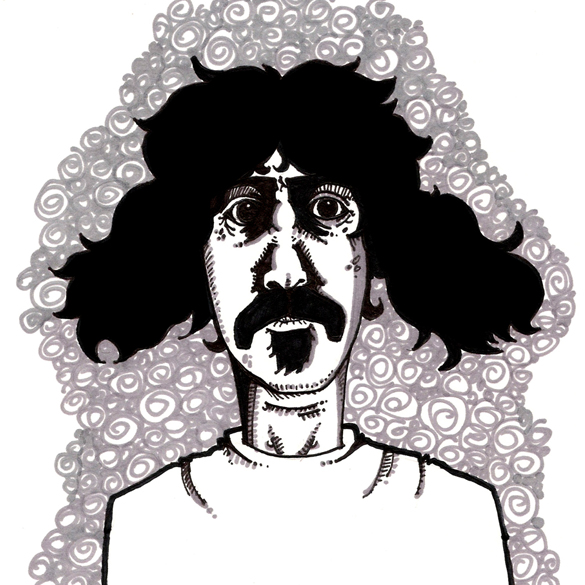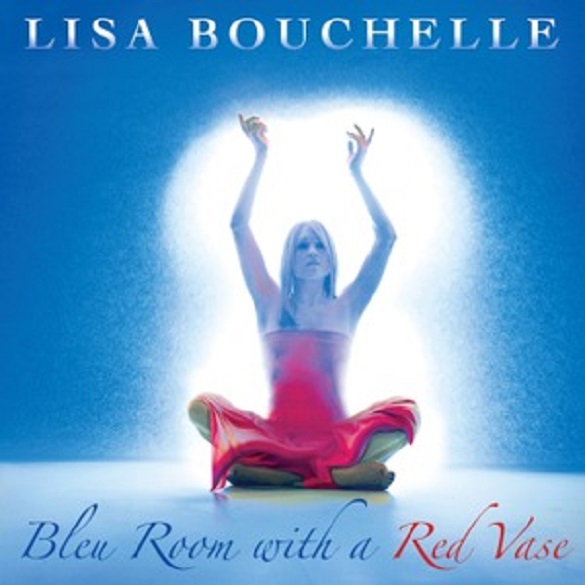Mixed Emotions is one of the most vivid break-up albums in recent memory. It actually feels like going through a breakup; it feels, at times, gleefully absurd, but at others, irritating, moody and incomprehensible. Is that a good thing? Depends on how sadistic/masochistic you’re feeling when you put the record on.
It really doesn’t feel like it is going to be such an album at first, either. The album opener and single, “Brothers” begins with gentle, airy synths and something that sounds like waves lapping on a pebble beach. A constant, very low throb settles in just before some bongos fill out the sound, and the whole thing takes on a rhythm as tight and unrelenting as a street drummer’s.
Eric Emm’s strong but dexterous baritone vocals hold a distinct place within this rhythm, but he never really goes for lyrical clarity––taking on a lovely sort of distinctive mumble. He rises out of the murkiness for the chorus, which sarcastically dolls out a couple’s problems. They’re simple, but real and insurmountable. “You’re just the same you ever were,” he sings three times in succession to close the song.
“Brothers,” like a microcosm of Mixed Emotions as a whole, starts in this near comic celebration of the absurdly simple problems that are undermining his relationship, as if by laughing them down he could still fix them. The first three songs all have a bit of catchiness to their danceable tempos. This is especially true for “Green Grass,” which contains in it an utterly satisfying acoustic guitar solo that comes seemingly out of nowhere. The guitar remains largely subdued until the 2:20 mark, and then suddenly the percussion and bouncy synth give way after building to crescendo, clearing some sonic space for Jesse Cohen to strum. It’s an odd moment—just listening Emm to just wail alongside an acoustic guitar, but it’s one of the few truly uplifting moments on the album. But even at the end of that song, hope for improvement seems lost. “I don’t know why,” he sings repeatedly as it winds down.
From “Yes Way” on though, the album really takes on the feel of a relationship unwinding or coming undone. Strangely, the results are sometimes annoying but also insightful. “Lost Somewhere” sounds something like Paul Simon on Graceland, and that gives the song a real resolve to change and improve that doesn’t exist on the other songs: “You know there’s an answer, I’m not leaving without a fight.” Elsewhere on the second half of the album, a sense of helpless melancholy takes over the songs, most clearly expressed by Emm’s seemingly endless crying of the phrase “we’re not the same.”
In some places, like the one just mentioned from “Not The Same,” the moments of aural pleasure of the first half are sacrificed to express some more visceral, sharp pain. “Not The Same” actually becomes difficult to listen to multiple times, especially if you’ve recently experienced such pain. That could just be because it’s a bit whiny though.
“Nonesuch” theatrically closes the album with a big, echoing sound that is surely the love child of Yeasayer and Phil Collins. It’s a very enjoyable, smooth and open song, though undeniably sad. Emm seems to give in to resignation and bitterness. “When you get what you want, it will all be better, no doubt.” It’s a devastating close to the album, though perhaps especially to me and everyone else who has ended a relationship with the justification, “I want to be on my own.”
Using my own personal life in a music review is not something I do lightly, but Mixed Emotions presses on some raw wounds which I felt compelled to acknowledge for honesty’s sake. The songs meditate on the different and sometimes contradictory emotions of the breakup mindset, critically leaving room for the listener to color the album with his or her own experiences––as I did. Tanlines’ album dwells in the same emotional territory that I have been recently lost in, but navigates it with the subtlety and empathy of a compassionate person who has the benefit of hindsight. It goes past merely evoking painful memories to actually helping one to understand and reconcile such emotions. It has helped me, for one, to look honestly at what I have been through, and to move on.
This review was first published at Pretty Much Amazing



